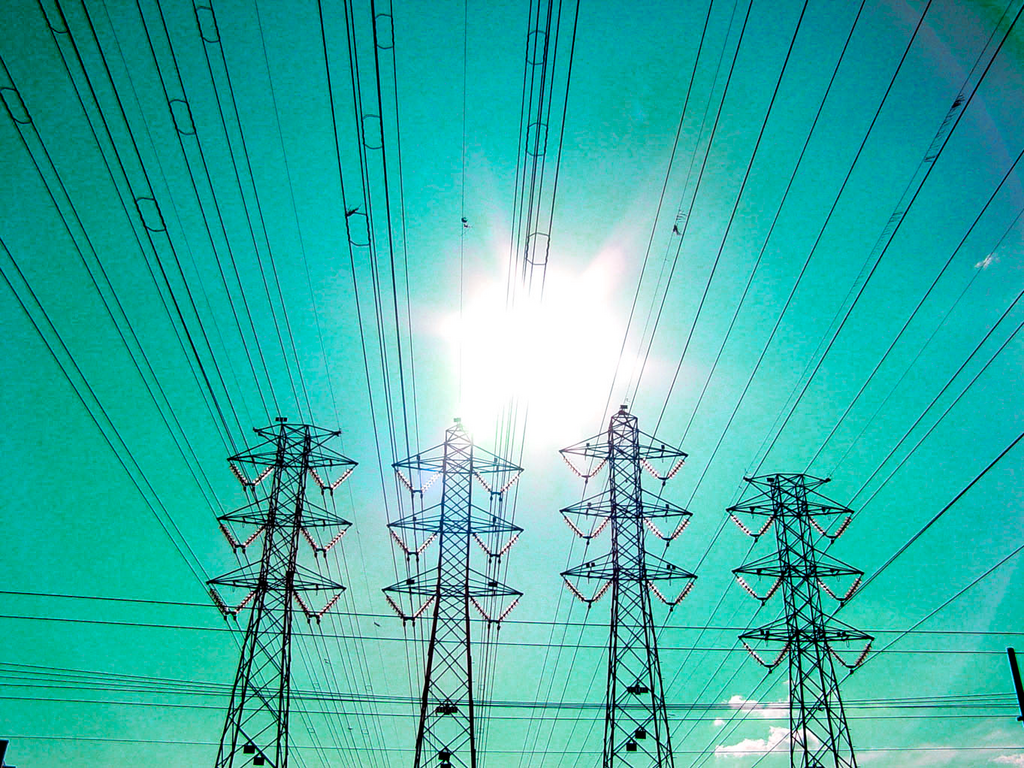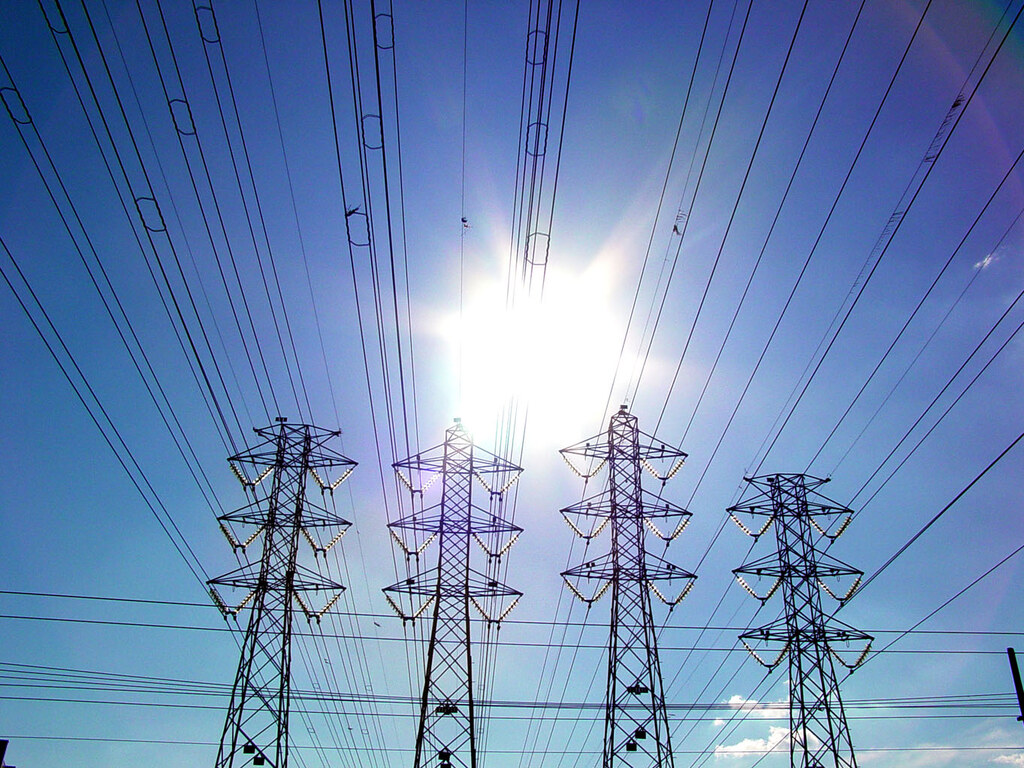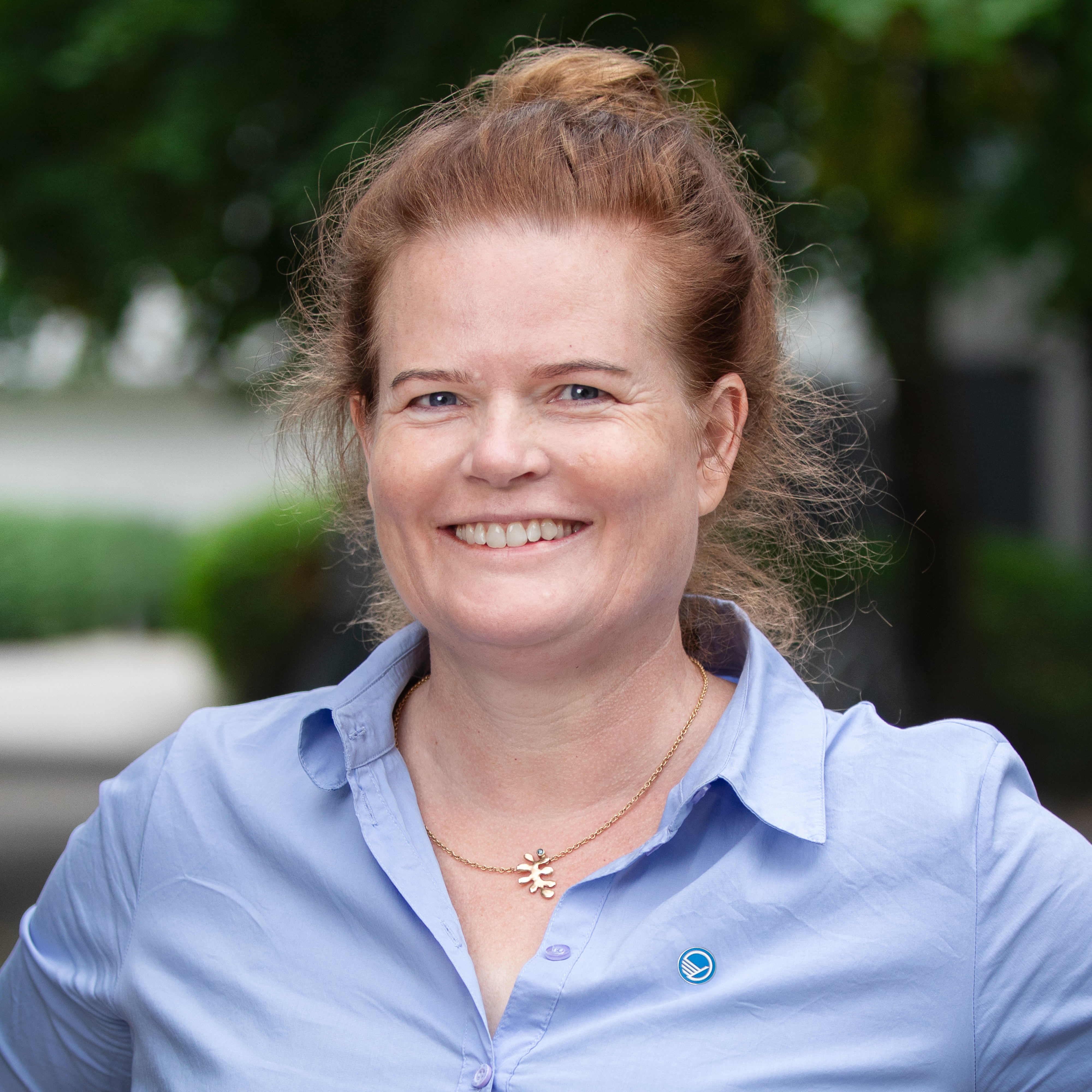
NordGrid Programme: The project “Resilient Digital Sustainable Energy Transition” has been awarded funding
The research project “Resilient Digital Sustainable Energy Transition”, or REDISET for short, has been awarded funding from The Swedish Energy Agency and Business Finland. The purpose of the project is…
The research project “Resilient Digital Sustainable Energy Transition”, or REDISET for short, has been awarded funding from The Swedish Energy Agency and Business Finland. The purpose of the project is to look at “descriptions of future energy systems and expected threat scenarios related to these”.

REDISET will commence in early 2022 and is carried out by a consortium consisting of four research institutions (KTH – Royal Institute of Technology, FFI – Norwegian Defence Research Establishment, University of Vaasa and The Norwegian SmartGrid Centre), three TSOs (Statnett, Svenska kraftnät and Fingrid) and the company Gambit.
“The Swedish Energy Agency considers it important to promote the Nordic co-operation and a common dissemination of results. The Nordic countries have similar system challenges, and electricity networks and trade are linked together. We also believe that more research and development is needed in this area to maintain continued high operational reliability,” says Senja Nordström, Senior Advisor at the Swedish Energy Agency.
The objective of the REDISET project will be to analyse, identify and find proposals for mitigation of possible weaknesses of the digital security and resilience of a highly cross sectoral-integrated digital energy system, looking into the following problem:
“As complexity of the power system increases and the digitalisation of the energy system is progressing, the frequency of unexpected events will increase at the same time as the inertia in the system is shrinking, making it more sensitive to such disruptions with less time to act. This makes the energy system vulnerable for the future expected increase of cyber and physical attacks. Security of energy infrastructure and resilience is therefore crucial for the functionality of our societies.”
To answer these challenges, the REDISET project will:
“…develop system designs and resilience criteria for different types of critical events in collaboration with involved need owners, i.e. Designs and criteria will be simulated and tested based Transmission System Operators, Distribution System Operators and prosumers on realistic scenarios covering; human errors, disruptions due to climate extremes, unexpected outages in both production, consumption and transmission or new forms of digital crime/sabotage.”
“Energy transition relies a lot on electrification supported by stable, flexible and safe grid. Nordic connection and co-operation have been an essential part in creating one of the world’s most stable and functional grid and electricity market. It is highly important that we continue co-operating in the Nordic level, REDISET research project being highly valued add-on to this,” says Helena Sarén, Head of Carbon Neutral Finland Mission, Business Finland.
Read more – the project REDISET is part of the NordGrid Program

